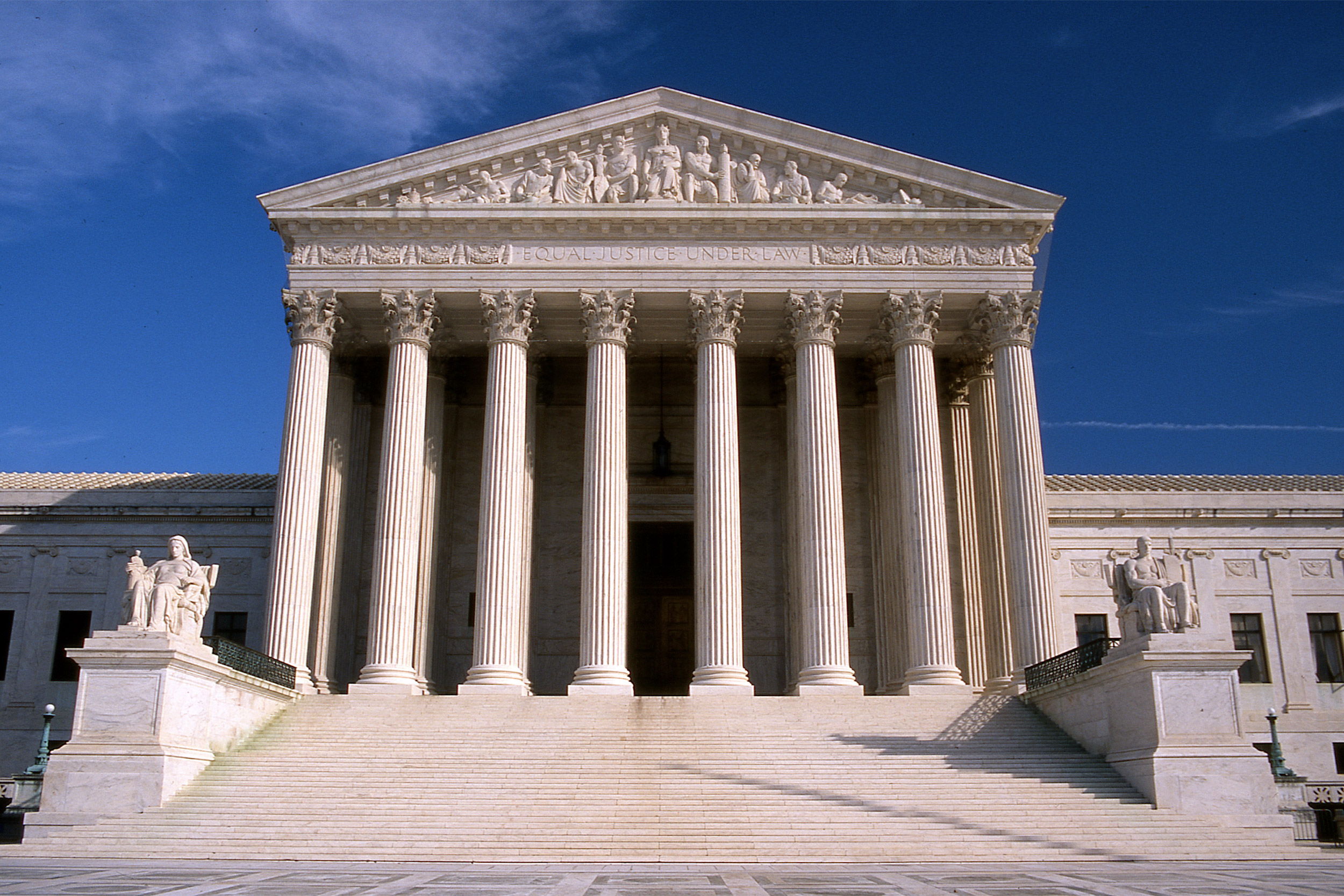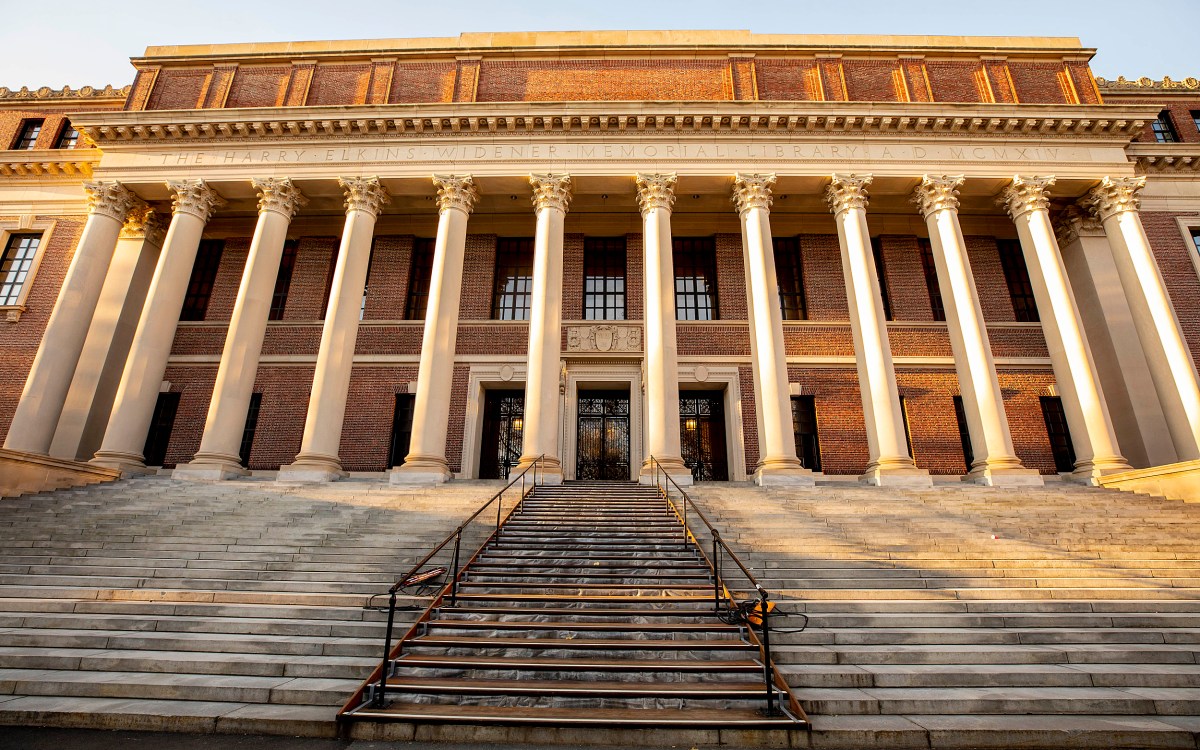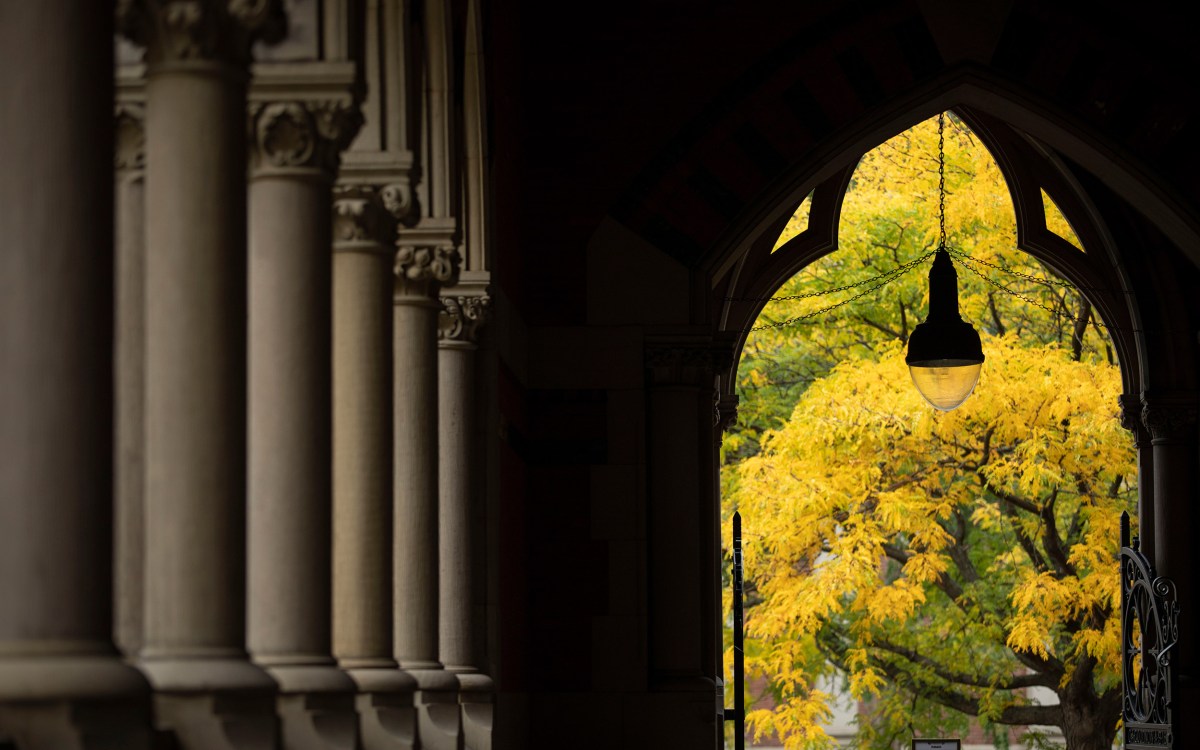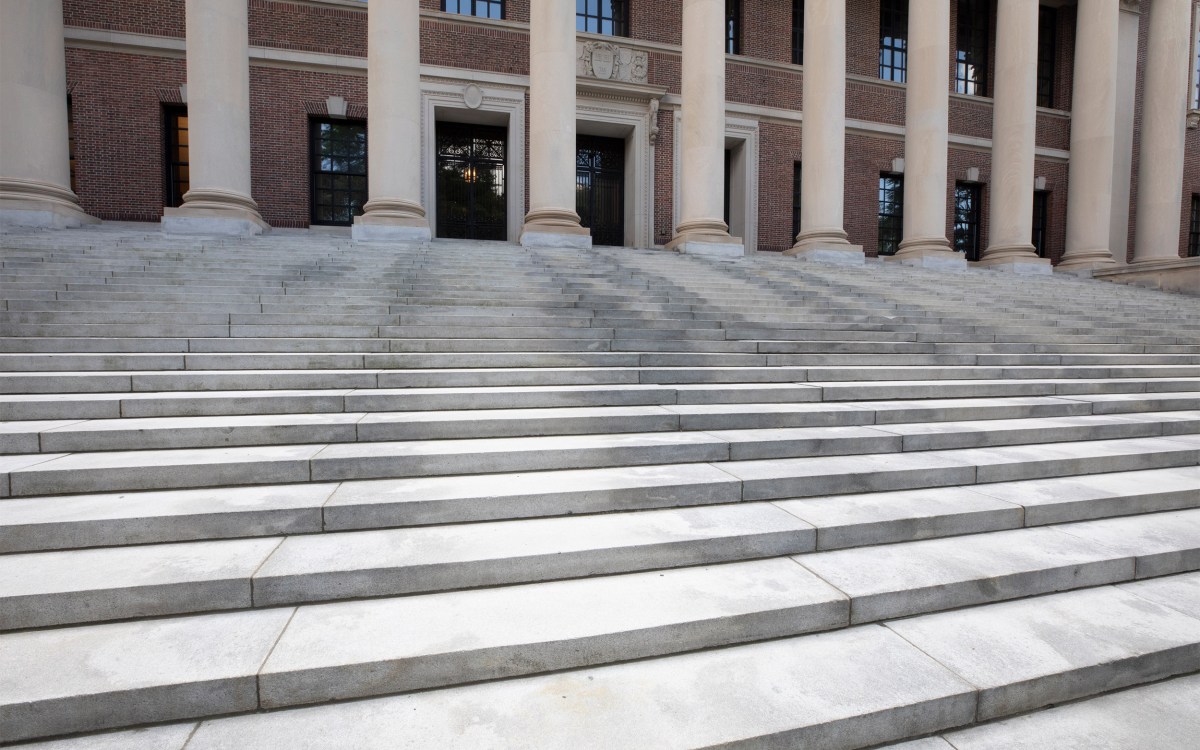
Creative Commons/Public Domain
U.S. urges Supreme Court to decline Harvard admissions case
Brief points to lower court decisions, long line of precedents allowing universities to consider race as one among many factors
The Biden administration on Wednesday urged the Supreme Court to decline an appeal filed by Students for Fair Admissions challenging Harvard’s race-conscious admissions policies.
In a 27-page brief, U.S. Solicitor General Elizabeth B. Prelogar pointed to lower court decisions as well as a long line of Supreme Court precedents that allow colleges and universities to consider an applicant’s race as one among many factors when shaping an incoming class. The justices had asked the solicitor general in June to weigh in on whether the Court should consider the appeal.
“The court of appeals correctly applied this Court’s precedents, and its decision neither conflicts with any decision of another court of appeals nor otherwise satisfies this Court’s certiorari standards,” reads the brief, referring to the factors the justices usually consider when deciding whether to take a case, known as granting certiorari. “To the contrary, petitioner seeks to relitigate for a third time case-specific factual disputes that both lower courts resolved against it.”
Legal expert Douglas Hallward-Driemeier said the brief’s emphasis on the lower court findings of fact could lead the Supreme Court to deny further review.
“One of the things [the brief] does is stress that the petitioner is really pressing their claim on the basis of a view of facts that is contrary to the factual findings, both at the district court and of the court of appeals, which independently reviewed the factual record. That is really something that is central to the way the Supreme Court considers whether to grant the case,” said Hallward-Driemeier, who heads the appellate and Supreme Court practice at the law firm Ropes & Gray and who has argued 17 cases before the high court.
Hallward-Driemeier said the brief cites the two-court rule, which is the presumption that the Supreme Court will not take a case in which two lower courts made concurrent findings of fact without the presence of an obvious error. “That makes this case a poor vehicle for the court to consider some of the types of arguments that the petitioner wants the court to take.”
Prelogar emphasized that academic institutions across the country have long looked to the series of Supreme Court rulings allowing admissions policies that consider race as one factor among many as a guide. “Those decisions have invited colleges and universities to rely on the permissibility of a holistic, flexible approach like Harvard’s as a benchmark in structuring their own admissions policies. It would profoundly unsettle expectations to declare retroactively that such reliance subjects those institutions to Title VI liability,” the brief stated. (Title VI of the Civil Rights Act of 1964 prohibits discrimination on the basis of race, color, and national origin in programs and activities receiving federal financial assistance.)
The brief is the latest development in the seven-year-old suit brought by Edward Blum and the organization he created, Students for Fair Admissions (SFFA), to challenge Harvard’s admissions policies, alleging that they discriminate against Asian American applicants. As Prelogar, J.D. ’08, noted in the brief, SFFA offered no evidence of any actual applicant who was supposedly harmed by Harvard’s admissions practices or denied admission as a result of racial discrimination.
The case was first tried in 2018. Federal District Court Judge Allison D. Burroughs found in favor of Harvard in her October 2019 decision on all counts, ruling that the College didn’t discriminate based on race, engage in racial balancing or the use of quotas, and that it had no suitable race-neutral alternatives that would allow it to achieve its pedagogical and diversity-related goals. Just over a year later, in November 2020, the First Circuit Court of Appeals upheld Burroughs’ decision.
Blum has spearheaded similar litigation against other academic institutions, including the University of North Carolina at Chapel Hill. A federal judge ruled in favor of UNC in October in that case. Last month, SFFA sought permission to appeal directly to the Supreme Court to grant review of the UNC case.
Going forward, Hallward-Driemeier said both parties in the Harvard case will be allowed to file a response to the solicitor general’s brief and that the justices would likely meet in January to consider whether to hear the case.







